Fortune's Favors: Exploring the Gambling Culture of Ancient Rome
Gambling was a prevalent activity in Ancient Rome, practiced by people of all social classes despite being officially frowned upon and subject to legal restrictions.
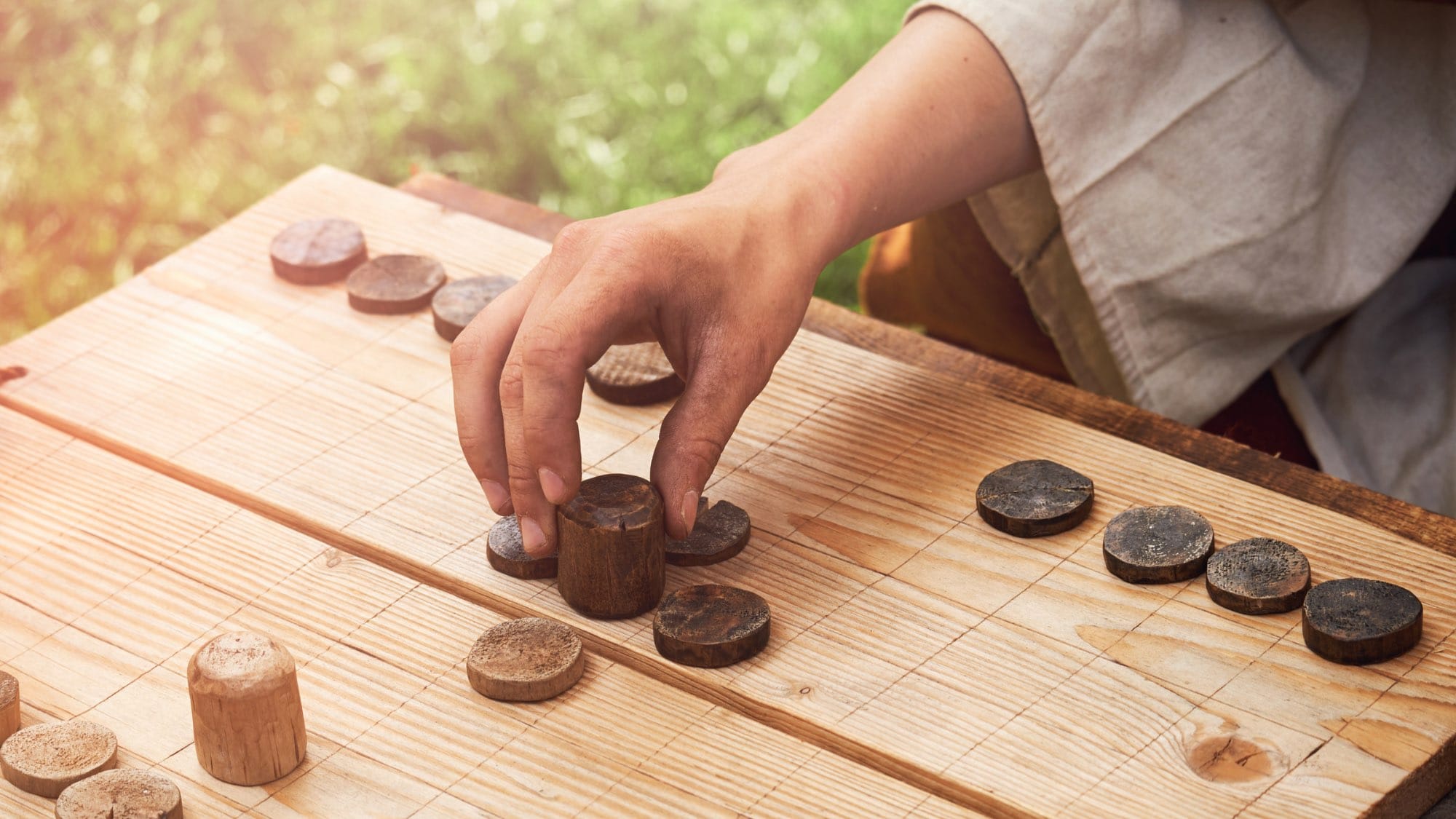
Gambling probably existed before the advent of recorded history. The practice of casting lots, which is the origin of the modern term "lottery," is mentioned in both the Old and New Testaments of the Bible. This is most famously illustrated when Roman soldiers cast lots for Jesus' clothes during his crucifixion. In Greek mythology, Hades, Poseidon, and Zeus decided the division of the heavens, seas, and the underworld through a game of chance.
Given the widespread presence of both sports and gambling in many ancient civilizations, it is evident that sports gambling also has a lengthy history. Indeed, gambling was popular at the Olympics and other ancient Panhellenic events in Greece, as well as at racing and fighting contests in ancient Rome. (Gambling in the Ancient World by Victor Matheson)
Gambling was widespread in ancient Rome and although it was technically illegal, all social classes were engaged in the game. The lower levels of society were gambling on the street, whole the upper levels, the aristocracy, had special rooms in their villas, dedicated to gambling and games.
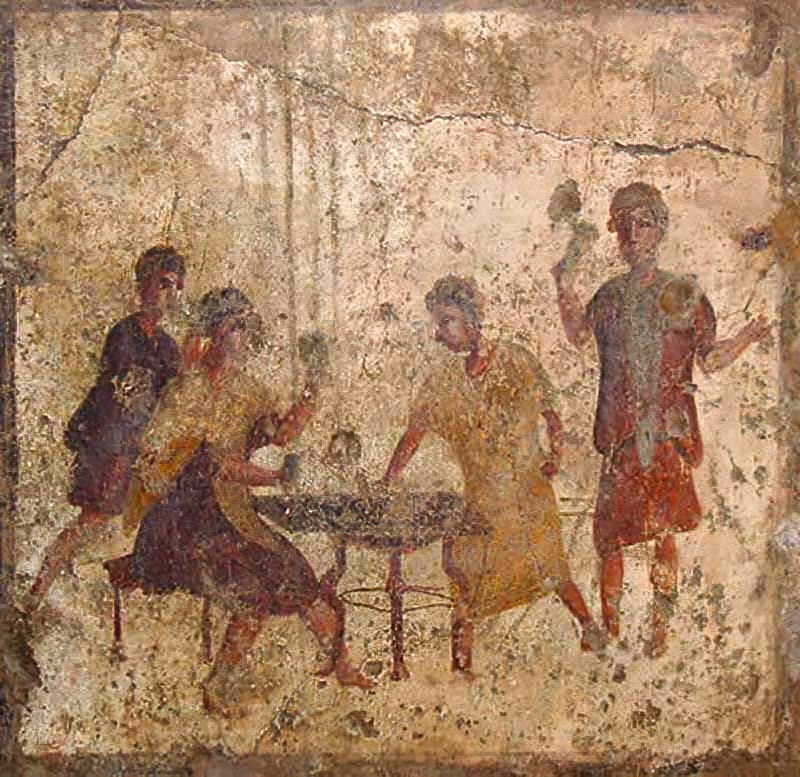
Rolling the Dice in the Roman Empire
Gambling and betting were popular activities in Ancient Rome. Roman gaming tables frequently appear in the archaeological record, often unearthed in private buildings, public spaces, and urban areas. Finds of gambling-related materials are rarer in residential spaces than in public areas, possibly because gambling was a communal activity, occurring primarily in social settings.
Gambling tables are especially common near military sites, and inscriptions found on military gaming tables often reference foul play or violence. One inscription reads, "Get up! You know nothing about the game; make room for better players!" Two paintings discovered in Pompeii depict a brawl between two players over a game disagreement, interrupted by the innkeeper who demands they leave.
Popinae, ancient Roman wine bars, provided gambling services and were viewed as centers of violence and crime due to their associations with prostitution and gambling. Those who managed private institutions offering gambling services were euphemistically known as susceptores, meaning "entrepreneurs." Gambling with just dice, without a gaming board, was also common in Ancient Rome.
Gambling in the Roman Empire was both disapproved of and eagerly practiced. There is no doubt that gambling was popular among ancient Romans. Extensive archaeological evidence from Rome, Italy, and the broader empire highlights the widespread enjoyment of various games of chance involving game boards and six-sided dice.
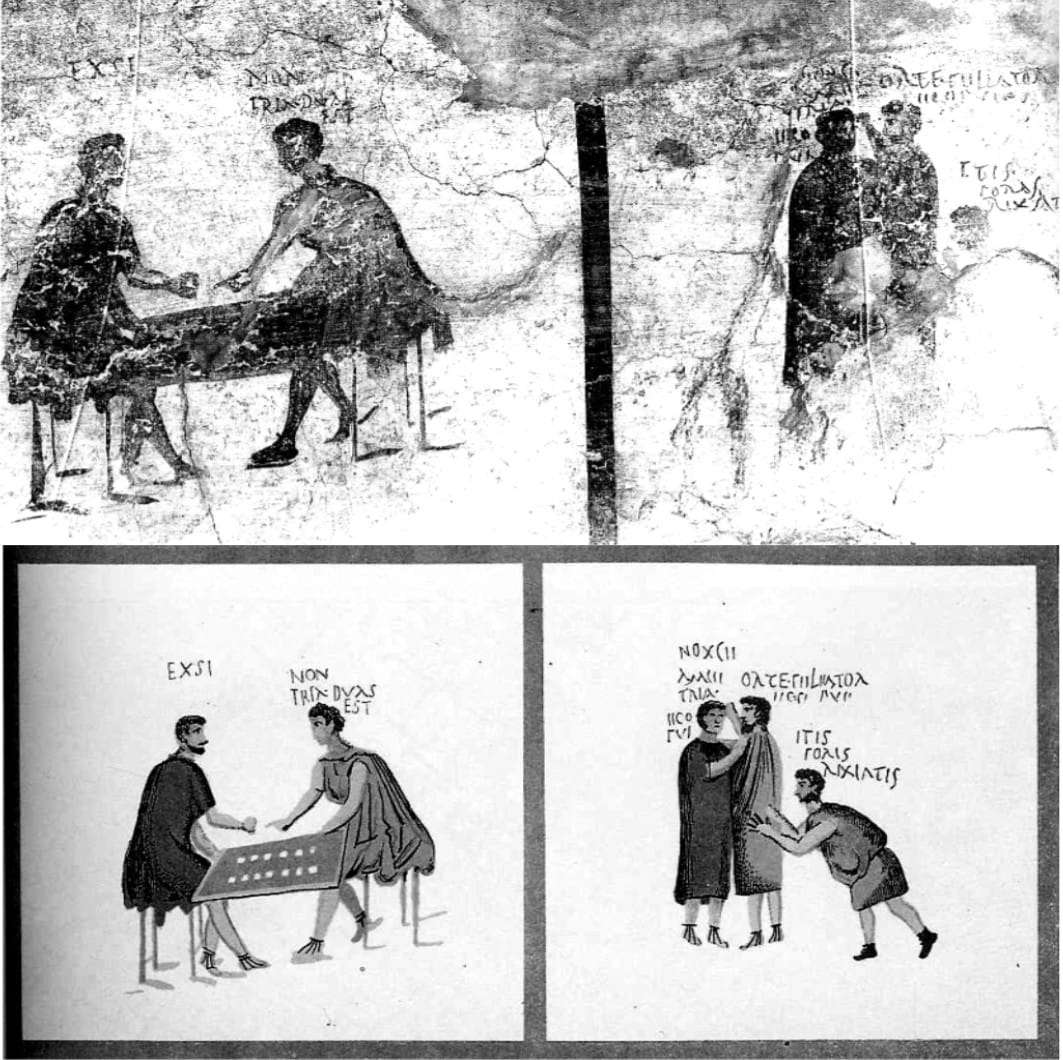
In the first image two customers of a tavern argue while playing: "You're out, you've lost!" ( exsi ), "It's not three but two!" ( non tria, duas est ); in the second image the two come to blows, while the first insists on his innocence ( noxia me... ) and his companion insists instead that he is the winner ( tria. ego fui ), the impatient innkeeper orders them both to leave the caupona and argue outside: "Go outside if you want to start a fight!" ( itis foris rixiatis ).
Game boards, ranging from the most basic and makeshift to the most elaborate, have been discovered throughout Roman territories, from the backrooms of Italian inns and taverns to legionary bases in North Africa.
The popularity of increasingly sophisticated board games involving betting persisted into the Byzantine period. Inns and taverns were common gambling venues, and images from the ruins of Pompeii depict dice, game pieces, conventional symbols of wealth and good fortune, and terms and epithets commonly used in Roman dice games.
Despite this widespread enthusiasm, literary sources suggest that some Romans disapproved of gambling. Roman writers from Cicero to the fourth-century CE historian Ammianus Marcellinus condemned gambling and those who engaged in it. Educated and upper-class Roman writers of the late-republican and imperial periods often viewed gambling as, at best, a waste of valuable leisure time (otium) and, at worst, a ruinous vice that could severely damage an individual’s reputation and status.
Furthermore, excessive gambling, particularly in public places or at the expense of work or political and social obligations, was seen as a potential source of legal and political corruption, especially for senators and elected officials. Shortly after Julius Caesar's assassination, Cicero, in a highly charged political attack on his arch-enemy Marcus Antonius (Mark Antony), referred to a disgraced senator named Licinius Lenticula. Lenticula had been pardoned by Mark Antony after being “convicted of gambling” (condemnatum de alea).
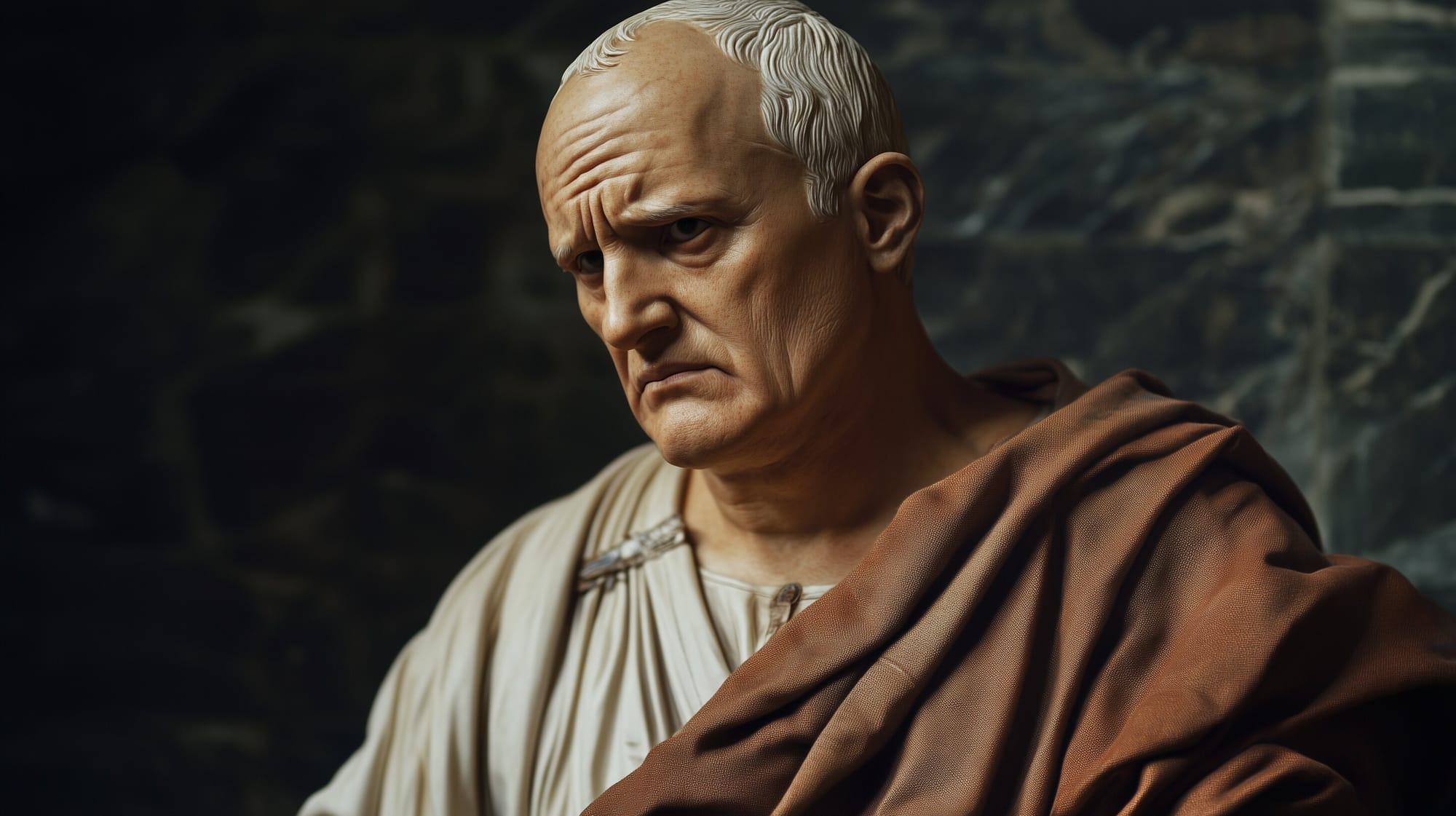
Cicero referred to Lenticula as “a supremely worthless individual who would not even hesitate to play dice in the forum itself.”
Illustration: Midjourney
Such misconduct was even more egregious given that Lenticula was gambling in a place where important state and judicial business was conducted. According to Cicero, Antony, who was also known to habitually indulge in dicing, officially pardoned his “fellow player” Lenticula as a political favor in exchange for forgiving his own gambling debts. (Changing public policy and the evolution of Roman civil and criminal law on gambling by Suzanne B. Faris)
“He restored many men who had fallen under misfortune. Among them no mention was made of his uncle. If he was severe, why was he not so to every one? If he was merciful, why was he not merciful to his own relations?
But I say nothing of the rest. He restored Licinius Lenticula, a man who had been condemned for gambling, and who was a fellow-gamester of his own. As if he could not play with a condemned man; but in reality, in order to pay by a straining of the law in his favour, what he had lost by the dice.
What reason did you allege to the Roman people why it was desirable that he should be restored? I suppose you said that he was absent when the prosecution was instituted against him; that the cause was decided without his having been heard in his defence; that there was not by a law any judicial proceeding established with reference to gambling; that he had been put down by violence or by arms; or lastly, as was said in the case of your uncle, that the tribunal had been bribed with money.
Nothing of this sort was said.
Then he was a good man, and one worthy of the republic. That, indeed, would have been nothing to the purpose, but still, since being condemned does not go for much, I would forgive you if that were the truth.
Does not he restore to the full possession of his former privileges the most worthless man possible,—one who would not hesitate to play at dice even in the forum, and who had been convicted under the law which exists respecting gambling,—does not he declare in the most open manner his own propensities?”
Cicero, Philippics
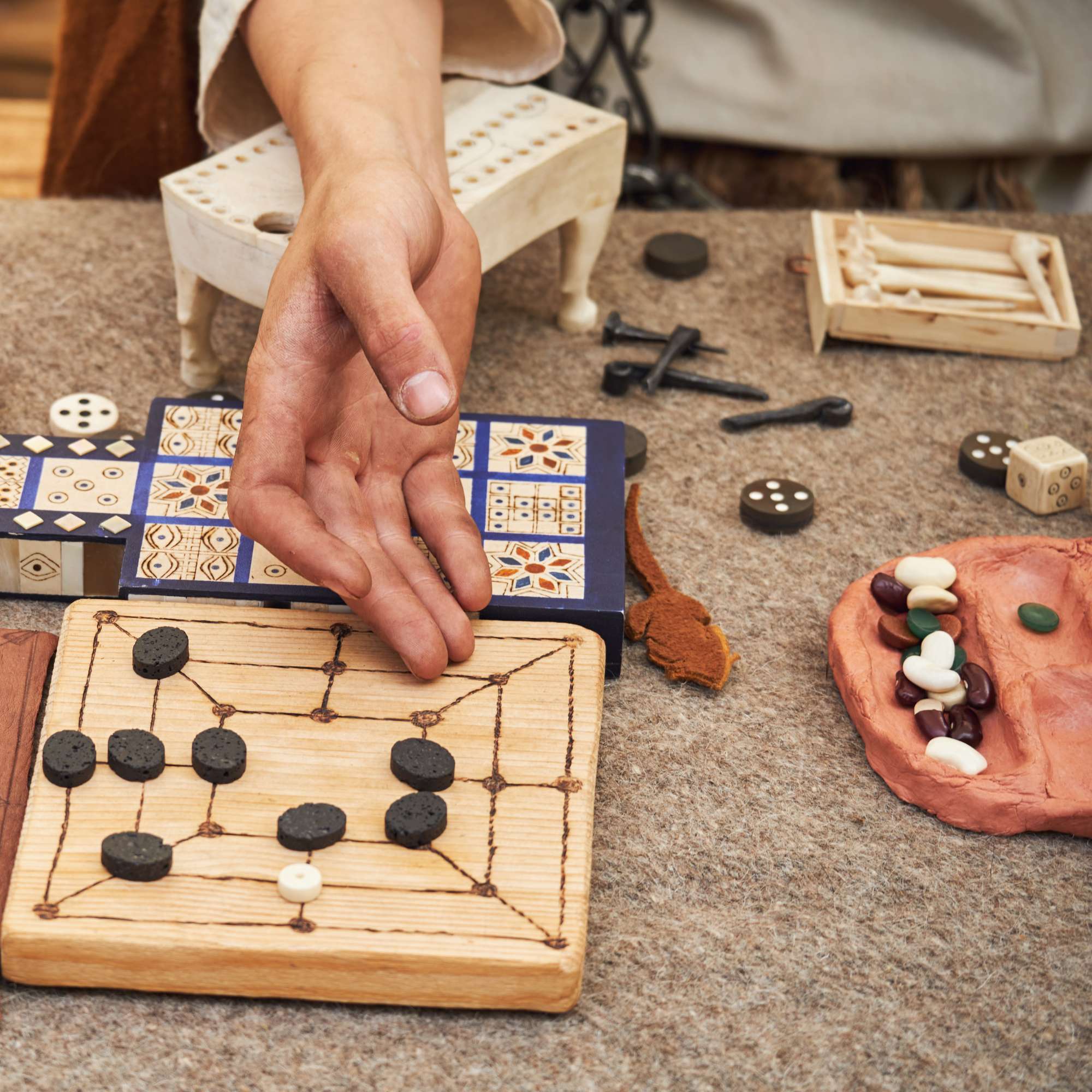
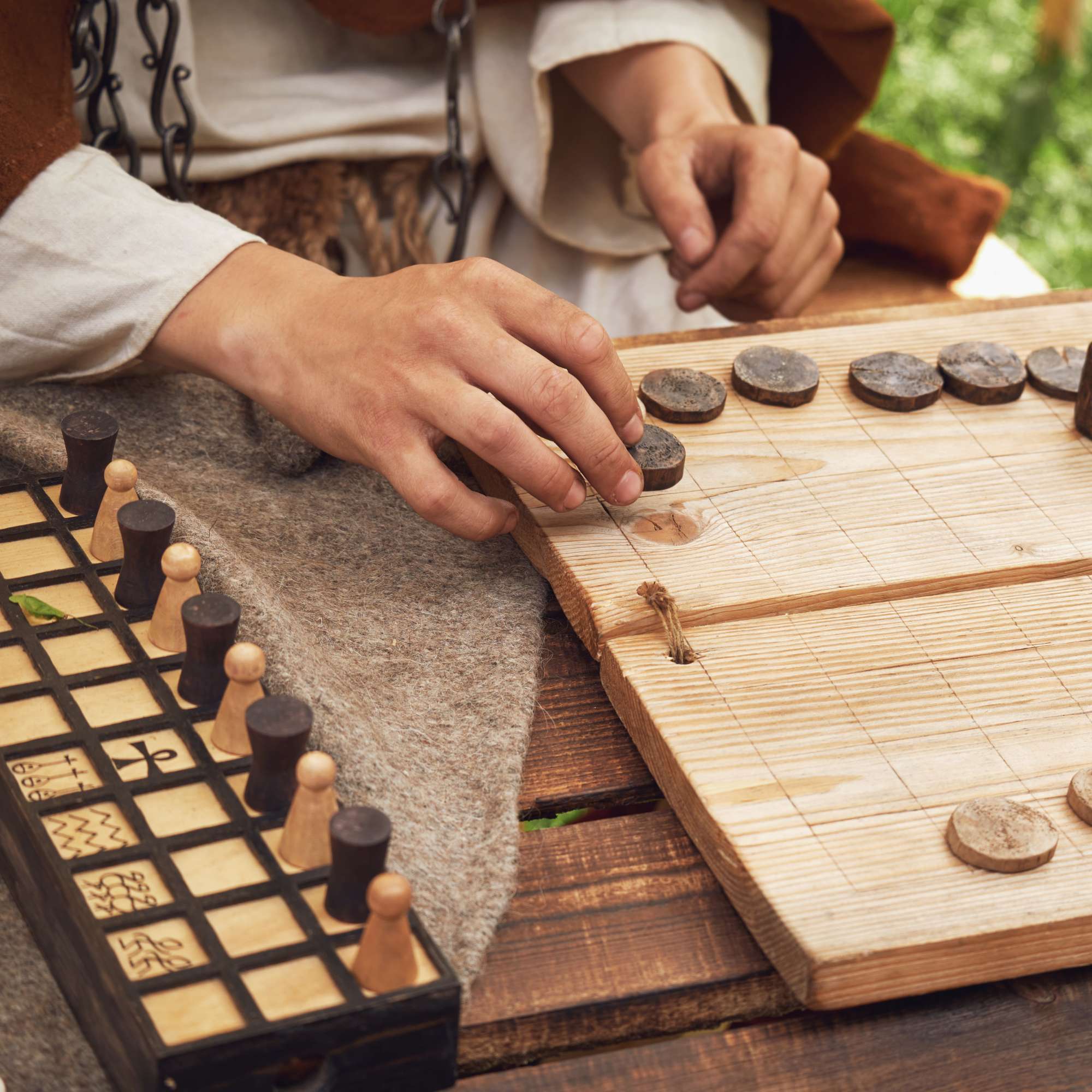
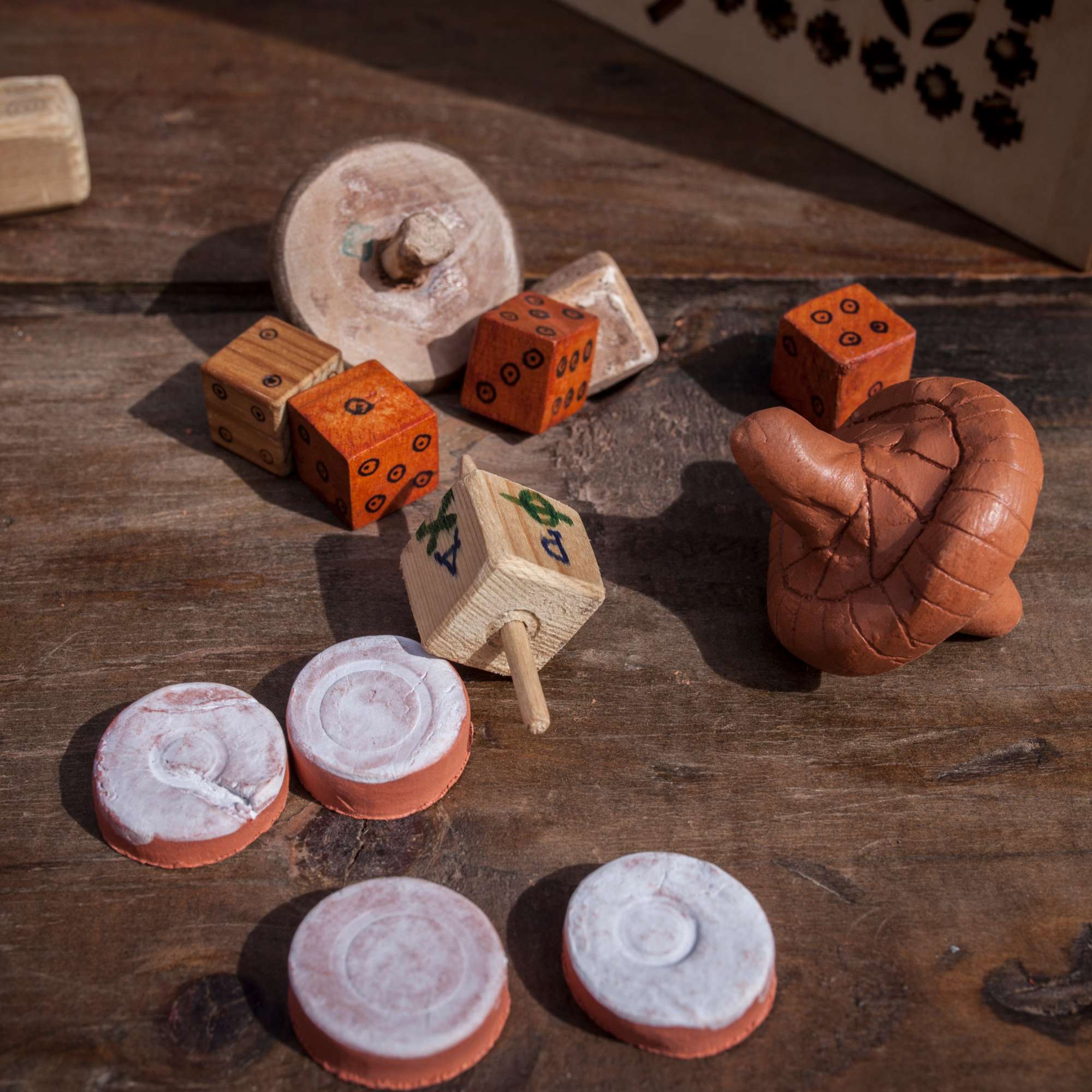
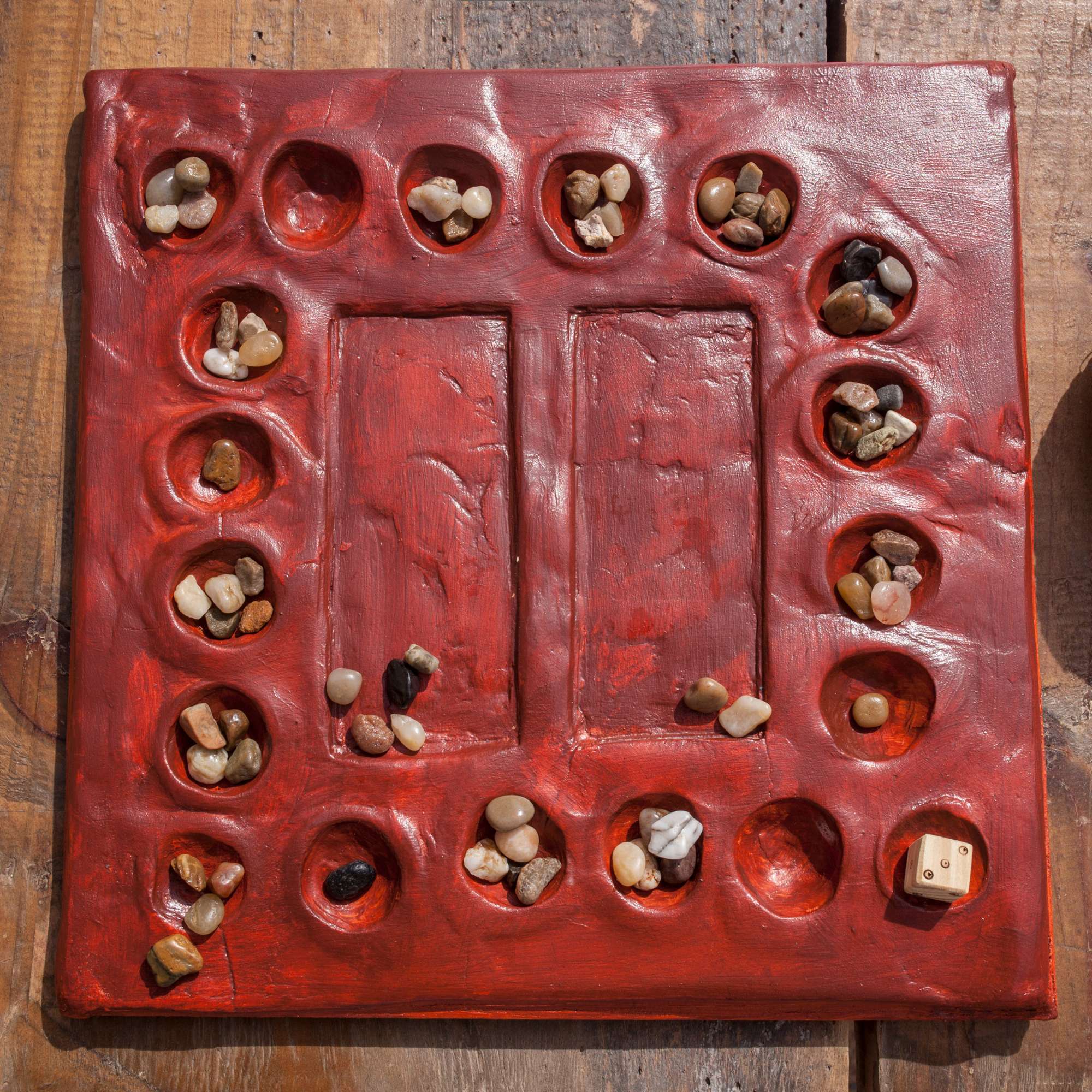
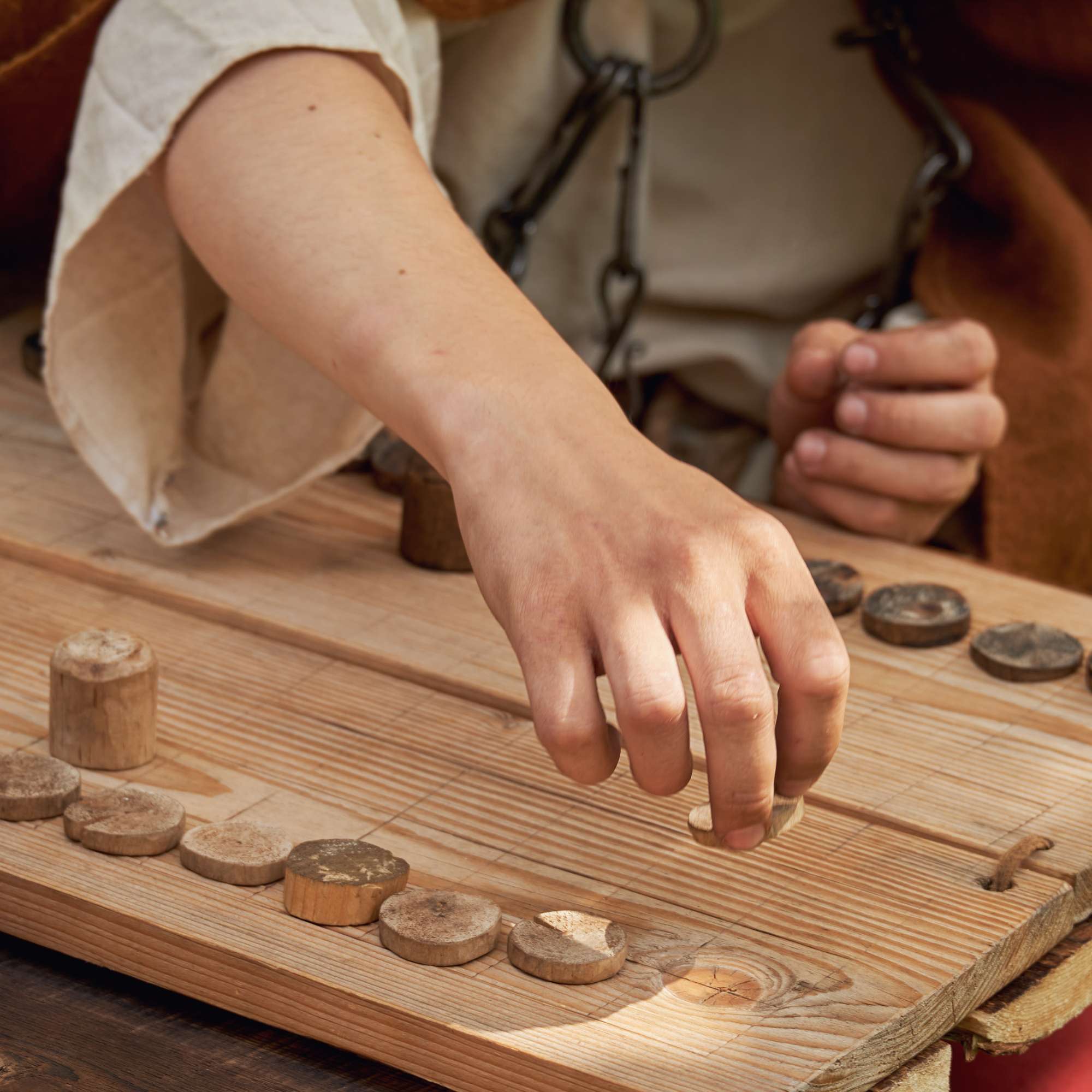

From top-left, Photo #1: Mill, Kalah and Royal Ur game, Photo #2: Ludus Latrunculorum, or Latrunculi, Photo #3: Roman board games pieces, Photo #4: Reconstruction of Roman board game Tabula Lusoria, Photo #5: Ludus Latrunculorum, or Latrunculi, Photo #6: Reconstruction of Roman board game knucklebones
What Types of Gambling were there in Ancient Rome?
Dice Games (Aleae)
Dice games were extremely popular among Romans. The most common dice game used six-sided dice (tesserae), but knucklebones (astragali) were also used.
Games of chance involving dice were often played in taverns and private homes, sometimes with significant sums of money at stake.
Board Games
Games like "Ludus Duodecim Scriptorum" and "Tabula" (similar to modern backgammon) involved both skill and chance, with gambling often accompanying gameplay.
Chariot Races
Betting on chariot races was a widespread form of gambling. The Circus Maximus, Rome's largest chariot racing stadium, was a central hub for betting activities.
Spectators would place bets on their favorite teams or individual charioteers, and the results of these bets could lead to large financial gains or losses.
Animal Fights and Gladiatorial Games
Betting on the outcomes of gladiatorial combats and animal fights in arenas like the Colosseum was common.
Spectators would wager on various aspects of the fights, including which gladiator or animal would win, the length of the fight, and other specific outcomes.
Lottery
Lotteries were another form of gambling in Rome. During special events or festivals, lotteries would be organized, and participants could win prizes ranging from money to valuable goods.
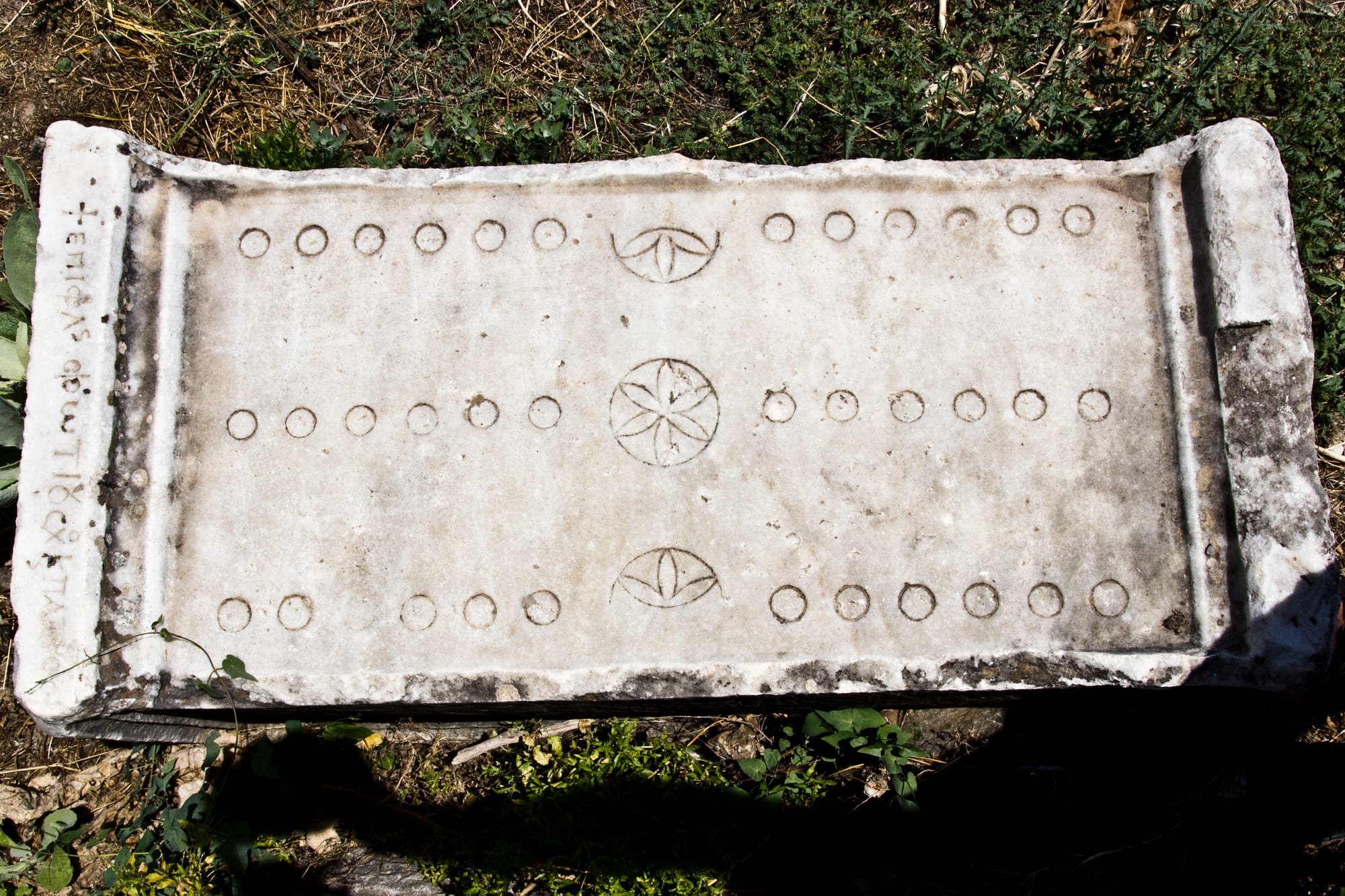
Gambling as a Vice
While gambling was a popular pastime, it was also criticized by moralists and philosophers. The Roman statesman and philosopher Seneca, for example, condemned excessive gambling as a vice.
Gambling could lead to financial ruin, and stories of individuals losing their fortunes in a single night were not uncommon.
“Never has the torrent of vice been to irresistible or the depths of avarice more absorbing, or the passion for gambling more intense.
None approach nowadays the gambling table with the purse; they must carry their strongbox. What can we think of these profligates more ready to lose 100,000 than to give a tunic to a slave dying with cold.”
Juvenal, Satire
“The young Roman is no longer devoted to the manly habits of riding and hunting; his skills seem to develop more in the games of chances forbidden by law.”
Horace, Ode III
Issues stemming from gambling were also frequently noted. As early as 388 BCE, Eupolus of Thessaly, a boxer, was known to have bribed opponents to lose matches at the Olympics.
In Rome, rampant gambling led Caesar Augustus to confine it to a week-long festival known as “Saturnalia,” held around the winter solstice. Additionally, Emperor Commodus, converted the royal palace into a casino, ultimately leading to the financial ruin of the Roman Empire.

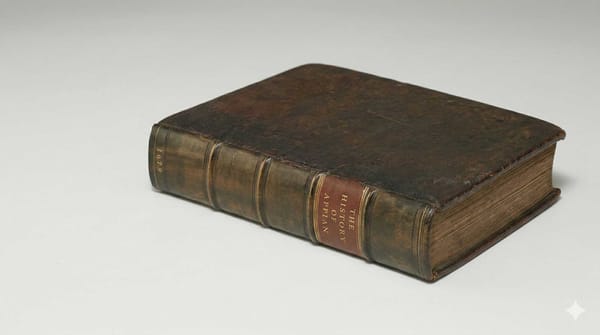
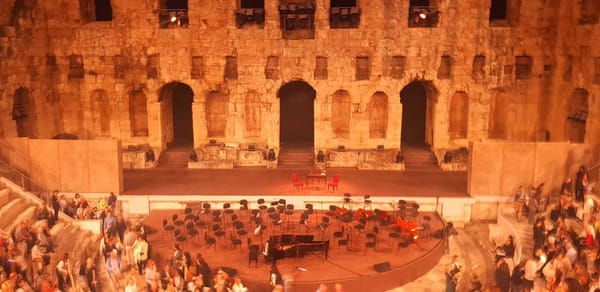
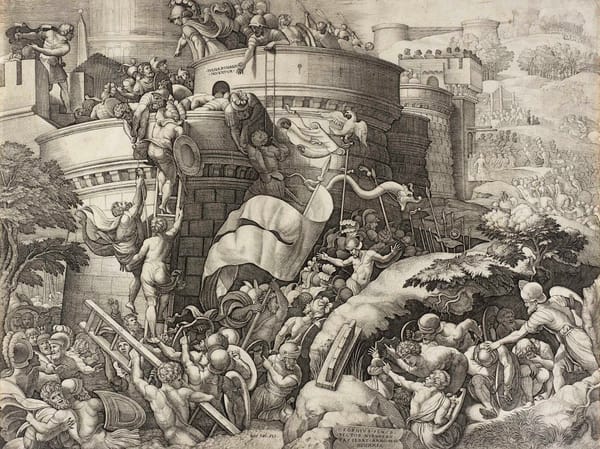
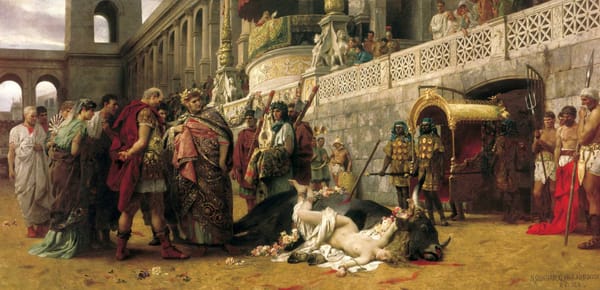
About the Roman Empire Times
See all the latest news for the Roman Empire, ancient Roman historical facts, anecdotes from Roman Times and stories from the Empire at romanempiretimes.com. Contact our newsroom to report an update or send your story, photos and videos. Follow RET on Google News, Flipboard and subscribe here to our daily email.
Follow the Roman Empire Times on social media: